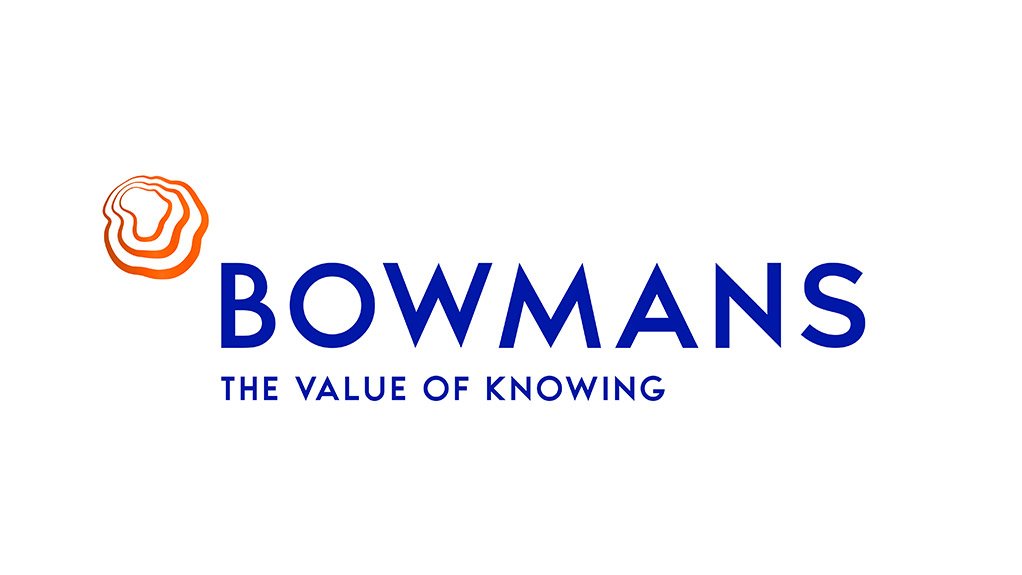Despite the estimated 24-million injuries and 24 000 mortalities every year on commercial fishing vessels worldwide, the fishing industry remains almost entirely unregulated and continues to be one of the most dangerous occupations in the world. Yet there are glimmers of hope that global action on fishing vessel safety is on the horizon, says marine law expert Jeremy Prain.
“While early attempts at an international convention on fishing safety foundered, the International Maritime Organization (IMO) has observed increasing commitment from a number of Member States towards the 2012 Cape Town Convention. Regional and international governmental and non-governmental organisations have also shown commitment,” said Prain, partner in the Shipping and Logistics Practice of leading African law firm Bowmans, in a presentation at the recent 2018 conference of the International Union of Maritime Insurance (IUMI) in Cape Town.
Outlining the scale of the safety crisis in commercial fishing, Prain said that fishing was one of the most dangerous jobs in the world, with significantly higher mortality rates than almost all other occupations.
“In the United States, only logging has more fatalities and in Canada, only chainsaw and skidder operations,” he said. “While recent reliable statistics are difficult to come by, there is data indicating that In Australia, the fatality rate in fishing is 18 times higher than the national average rate and in Denmark, between 25 and 30 times higher.”
Injury and fatality statistics in developing countries – where the vast majority of fishermen live – are few and far between.
Safety jeopardised by lack of data, regulation
“It is not standard practice to collect data from marine accidents and safety at sea is not given great consideration by many governments, because the magnitude of the problem is not even known,” said Prain. “In cases where data collection systems do exist, only those accidents that have involved search-and-rescue operations are registered. Accidents with small-scale vessels are often not recorded.”
Small-scale vessels, many of them unmotorised, account for almost 90% of the world’s fishing vessels – yet more often than not, fall through the regulatory net.
“Most countries’ legislation only concerns certain fishing vessels, such as motorised vessels or those larger than seven to 10 metres,” Prain said. “Lack of oversight through the commercial fishing industry means vessels can operate with few or no safety measures in place.”
Yet another challenge is that few countries have adopted boat-building and design regulations. “Where they exist, they are inadequate,” he said, adding that in general, there is no enforcement of inspections during the construction of fishing vessels or approval of drawing plans.
The regulatory vacuum not only amplifies the hazards of commercial fishing but also allows illegal, unreported and unregulated (IUU) fishing to go unchecked. “IUU fishing undermines national, regional and global efforts to conserve and manage fish stocks. It affects about 20% of the global fish yields and costs the industry about USD 23 billion a year in lost incomes.”
These statistics highlight the importance of the International Maritime Organization’s 2012 Cape Town Agreement, aimed at improving fishing vessel safety by flag, port and coastal states and contributing to the fight against IUU fishing.
Agreement gains traction
“By June 2018, 10 countries, including South Africa, had ratified the Cape Town Agreement,” Prain said. The other signatories are Belgium, Democratic Republic of Congo, Denmark, France, Germany, Iceland, Netherlands, Norway and Saint Kitts and Nevis.
Together, they have an aggregate of 1 020 fishing vessels of 24 metres in length and operating on the high seas. This is still far off the target of 22 signatories with an aggregate of 3 200 vessels needed to bring the treaty into force.
“What is encouraging is that the Cape Town Convention appears to be gaining traction worldwide,” Prain said. “With sufficient political will and organisational push, it has the potential to encourage dialogue in the right places, improving the lives of the many and leading to a reduction in claims within the fishing vessel market.”
Written By Jeremy Prain, partner in Bowmans Shipping and Logistics Practice
EMAIL THIS ARTICLE SAVE THIS ARTICLE ARTICLE ENQUIRY
To subscribe email subscriptions@creamermedia.co.za or click here
To advertise email advertising@creamermedia.co.za or click here











